With Massachusetts currently experiencing drought conditions, it’s important to be mindful when using water, whether outside watering your yard or indoors washing dishes. When it comes to wasting water in the kitchen, the dishwasher isn’t the culprit, it’s probably you. … Read More
Category Archives: Tip of the Week
The Massachusetts Water Resources Authority has found that the worst washing machines use well over 25 gallons of water. That’s more than twice as much as miserly models, which use 10 to 12 gallons for an 8-pound load. Front-loaders are … Read More
It’s almost fall and time for the leaf raking (or leaf blowing) to commence. Consider keeping the peace and healthier air by raking leaves by hand or hiring a service that will use hand raking or an electric leaf blower. … Read More
Did you purchase a new refrigerator over the tax free holiday weekend? Do you have an old second refrigerator or freezer wasting energy? Residential electric customers who recycle their old and inefficient refrigerators or freezers through the Mass Save® appliance … Read More
Itching to get outside and enjoy the weather? Just remember, aerosol sunscreen and bug spray cans can’t be recycled. They can explode under pressure, which is dangerous at recycling facilities. Learn which packaging is recyclable with the Recycle Smart’s Recyclopedia. Instead … Read More
Used alkaline batteries can be disposed of in the trash, but other more toxic types of batteries should be taken to the Newton Resource Recovery Center (115 Rumford Ave, Auburndale) for proper disposal. The list of items include: rechargeable batteries … Read More
Before you pull out chemical solutions, consider prevention and less toxic methods of controlling mosquitos. Here are some ways to reduce mosquito breeding in your yard and prevent mosquito bites. Eliminate Breeding Sites Mosquitoes breed in standing water–even in small … Read More
Most animals raised for meat, milk and eggs are on industrial farms that contaminate our air, soil and water. These farms rely heavily on antibiotics and other synthetic treatments to boost outputs, and combat diseases caused by stressful, crowded and … Read More
Communities are getting wise to the pollution caused by single use plastic bags and banning their use in stores, but the use of single use garbage bags remains popular. Plastic garbage bags weren’t always commonplace and is certainly not necessary … Read More
Most cling wrap is made from polyvinyl chlorides (PVC), a flexible form of plastic used in a variety of consumer goods including plastic cling wrap. PVC releases dioxin–a toxin known to cause reproductive and developmental human health issues–during manufacture, use, … Read More


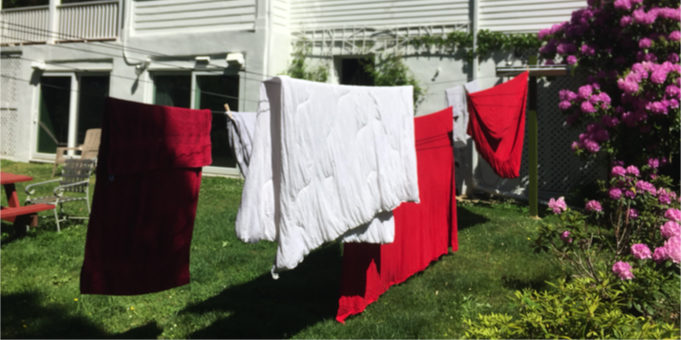
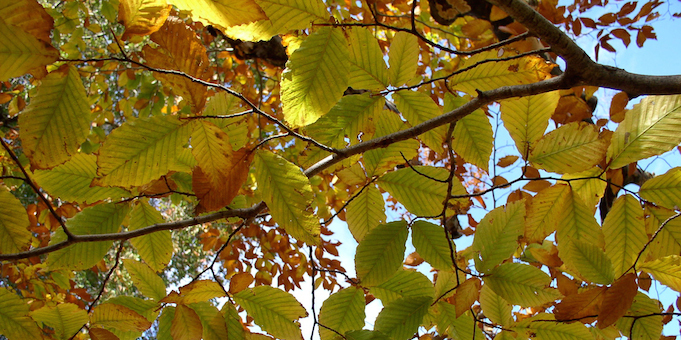
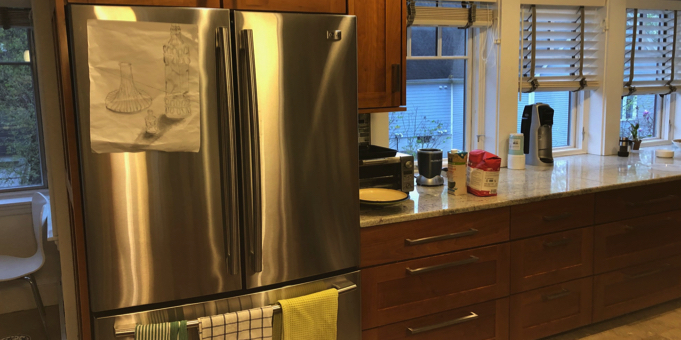
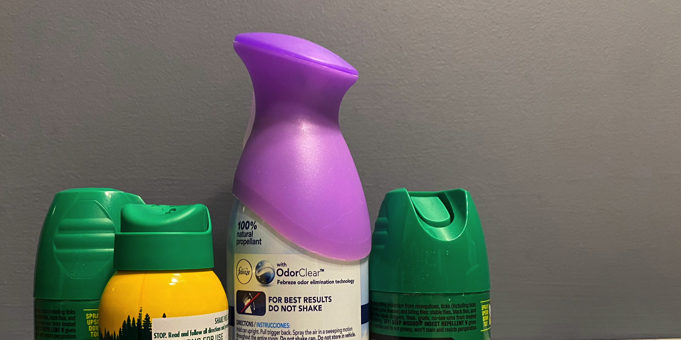

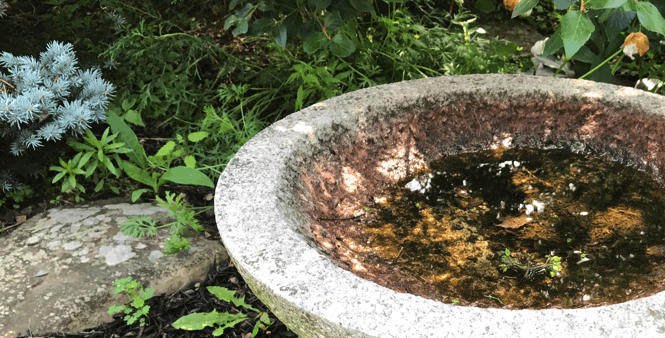

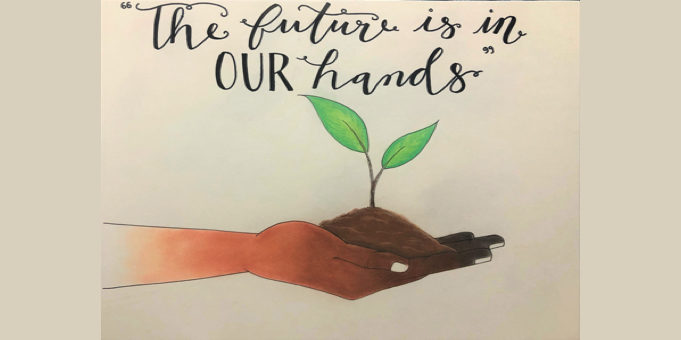
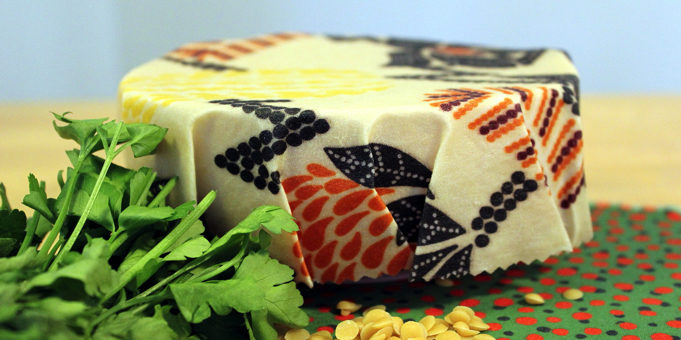

Recently on Twitter